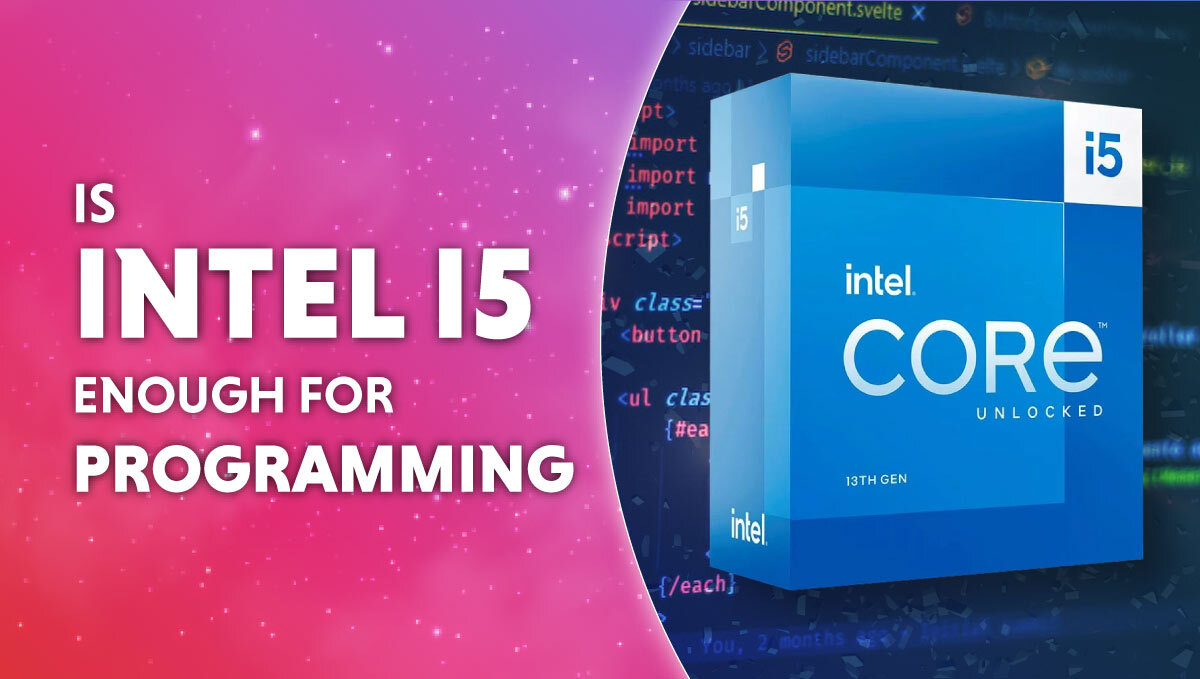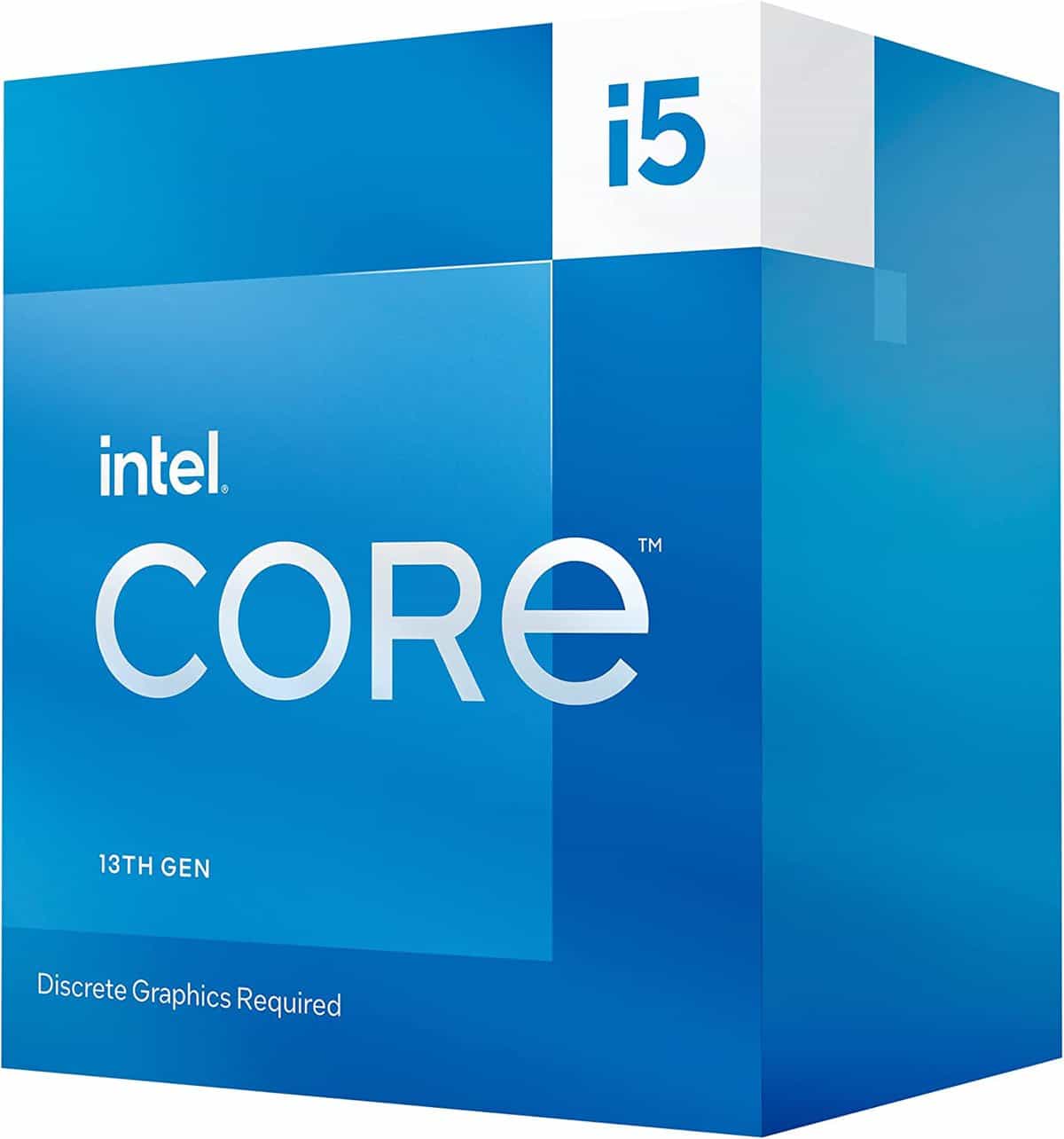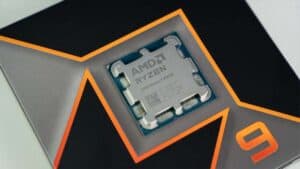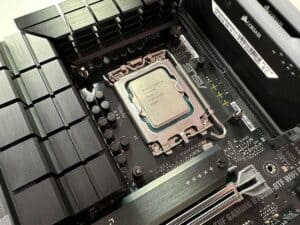Is Intel i5 enough for programming?
Is Intel i5 enough for programming? Let's find out

WePC is reader-supported. When you buy through links on our site, we may earn an affiliate commission. Prices subject to change. Learn more
Intel i5 processors are powerful, affordable, and practical. But are they enough for programming?
Now Read: Best CPU for gaming 2023
As a programmer, you want something that can keep up with intense workloads and allow you to be at your most productive. Is Intel i5 enough for programming? Stick around to find out.
How CPU-intensive is programming?
The first question we need to address is: how CPU-intensive is programming? Is it absolutely necessary for you to shell out on a top-tier processor with extravagant specs to execute some simple code?
Fortunately, the answer is no. Contrary to popular belief, programming isn’t all that CPU intensive in and of itself. Writing code puts a very little burden on your processor. Executing code, especially large chunks of unoptimized code, tends to be a bit more demanding, but it’s nothing modern processors can’t handle.
As a programmer, you may sometimes have to tackle demanding workloads relating to data analysis and file compression, and unpacking, but you don’t need a top-of-the-line processor for workloads such as these either, especially if you’re okay with waiting an extra minute or two occasionally.
If you’re looking for a laptop for programming, a decent CPU should definitely be high up on the list of features you’re looking for (especially so you have the ability to use the laptop for activities other than programming as well). But additional features such as battery life, screen brightness, and keyboard quality are all major factors to consider as well.
If you’re looking for a desktop processor, we’ll share with you versatile and budget-friendly options perfect for programmers.
Is an Intel Core i5 processor good enough for programming?
As we just discussed, programming isn’t very demanding on your processor. Intel Core i5 CPUs are very powerful these days, so they’ll make quick work of any programming-related workload you throw at them.
Intel i5 is indeed enough for programming. In fact, it’s one of your top options because of the very affordable price points. You could also consider an Intel i3, Ryzen 3, or Ryzen 5 processor.
Core i3 and Ryzen 3 processors are cheaper, but Core i5 and Ryzen 5 processors strike a much better balance in terms of performance and price. It’s always a good idea to go with something that offers you more than the bare minimum in case you end up needing the extra performance.
What Intel Core i5 processor should I get as a programmer?
Core i5 processors vary quite significantly in their specs and performance with generation. The first i5 was released all the way back in 2009, and we have seen 13 generations of i5 processors release since.
If you’re looking for a desktop processor for programming, it would be best to stick to the 10th generation and above. I particularly recommend the Core i5-13400F, a recently released, budget-friendly i5 CPU with 10 cores and 16 threads that will not only help you be an efficient programmer but also allow you to game and even run workstation-like workloads on your PC.

Intel Core i5-13400F

Brand
Intel
CPU Model
Core i5
CPU Speed
4.6 GHz
Platform
Windows
If you’re looking for a laptop i5 processor, you can’t really go wrong with any of the newer generations, either.
Core i5 mobile processors generation 7 and below have a maximum of 4 threads, which is pretty lackluster and will be a bother, even if you only intend to use your laptop for programming and nothing else. For a laptop i5, go with one that’s 8th generation or above. The higher, the better.











